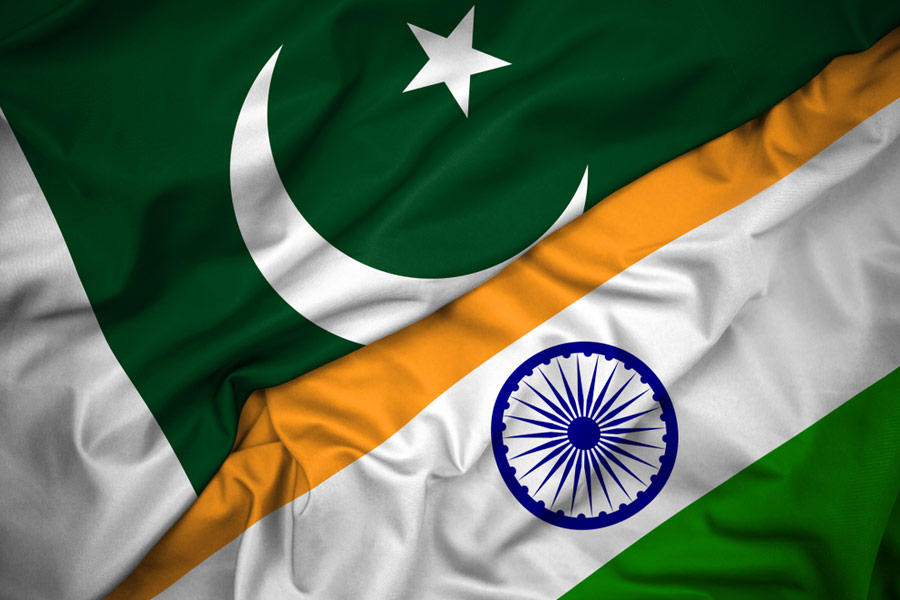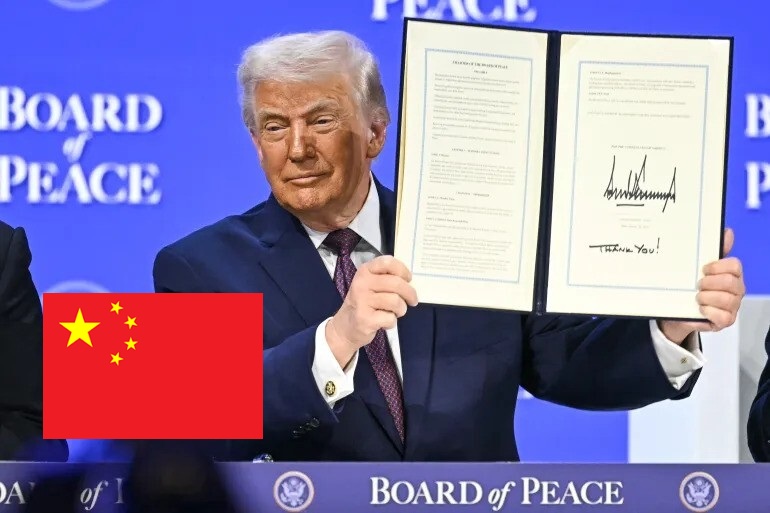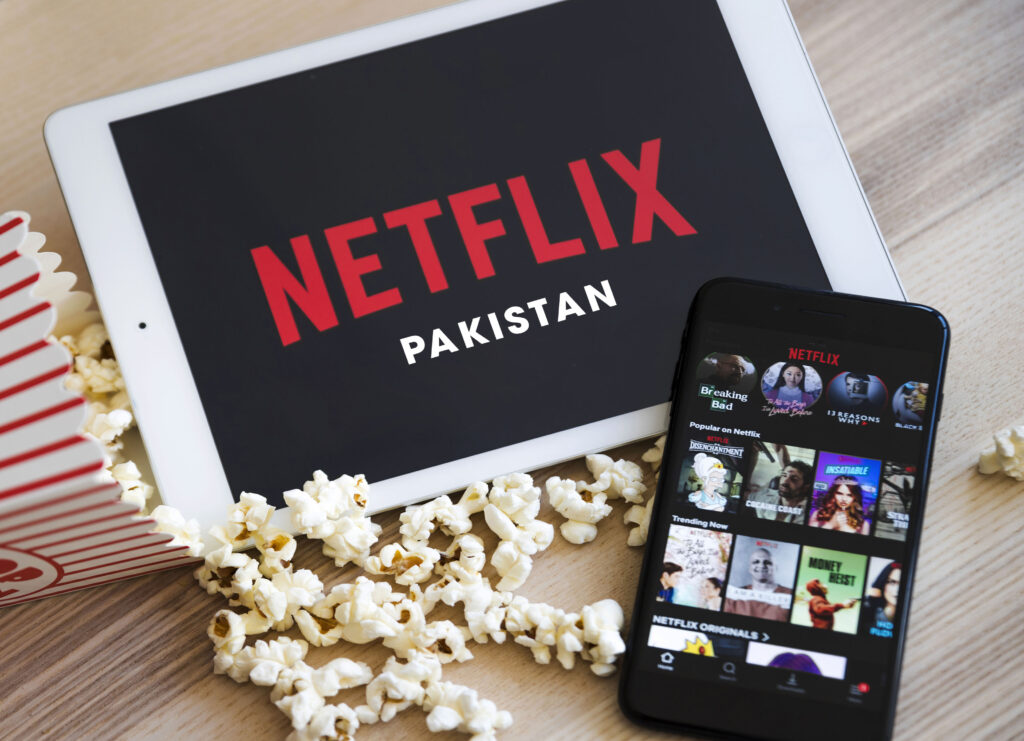Every year, as the month of August approaches, a familiar wave of green and white sweeps across Pakistan. Streets, markets, schools, and homes come alive with flags, bunting, and patriotic songs. Yet alongside the excitement, a question resurfaces — “Is this Pakistan’s 78th Independence Day or the 79th?”
Interestingly, this isn’t just a question asked in Pakistan. Across the border, Indian media often touches on the topic too, sometimes in the context of historical retrospectives on Partition, sometimes as part of friendly rivalry during independence coverage. Their debates also focus on why Pakistan celebrates on 14 August instead of 15 August, and whether both countries are marking the same number of years of freedom.
The Historical Starting Point
Pakistan came into being on 14 August 1947, carved out of British India under the leadership of Quaid-e-Azam Muhammad Ali Jinnah. While India marks 15 August as its Independence Day, Pakistan celebrates a day earlier — partly because the formal transfer of power took place in Karachi on the 14th, and also due to time zone differences (Pakistan Standard Time being 30 minutes ahead of Indian Standard Time).
In Indian media discussions, historians often point out that both countries technically gained freedom on the same date under the Indian Independence Act 1947, but that Pakistan’s official celebrations were fixed for 14 August to accommodate the timing of ceremonies and administrative convenience.
Counting the Years: 78 or 79?
To settle the debate, we have to remember how anniversaries work.
-
On 14 August 1947, Pakistan achieved independence (Year 0 completed, Year 1 begins).
- On 15 August 1947, India achieved independence (Year 0 completed, Year 1 begins).
-
On 14 August 1948, the 1st Independence Day was celebrated in Pakistan.
- On 15 August 1948, the 1st Independence Day was celebrated in India.
-
Following this logic:
-
August 1948 → 1st Independence Year
- August 1955 → 8th Independence Year
-
August 2025 → 78th Independence Year
-
That means Pakistan and India will have completed 78 years of independence and will be stepping into its 79th year of existence. The correct term for 2025 is “78th Independence Day.”
This is exactly where confusion happens — and it’s mirrored in media coverage. Some journalists from both sides, when reporting on their country’s independence anniversary, mistakenly add one year to the count because they’re thinking in terms of the year being lived rather than the years completed. The same mistake sometimes appears in international media too.
The Indo-Pak Curiosity Factor
In Indian news panels and social media discussions, the question often pops up: “If India is celebrating 78 years in 2025, shouldn’t Pakistan be celebrating the same number?” The answer is yes — both countries were born the same week, but their celebration days and narratives differ.
Pakistani commentators counter that their count has always been consistent with completed years, while their earlier date of celebration adds to national identity and symbolism. Indian newspapers sometimes run features comparing the two celebrations — noting that Pakistan’s festivities start a day before, but the year count should match.
This mild “calendar curiosity” is one of the few Indo-Pak debates that’s largely friendly, providing historians, journalists, and even ordinary citizens a chance to revisit Partition-era details without the sharp political edges usually seen in bilateral coverage.
Why Pakistan’s Independence is on 14 August
The explanation lies in both time zone differences and ceremonial arrangements.
-
Pakistan Standard Time is 30 minutes ahead of Indian Standard Time, meaning the midnight moment of 15 August in Delhi occurred half an hour after it was already 15 August in Pakistan’s clock.
-
The British administration and Pakistan’s incoming leadership decided to hold the power transfer ceremony on 14 August 1947 in Karachi, giving the new country a separate and distinct date of independence.
Indian media outlets sometimes revisit archival footage showing the swearing-in of Pakistan’s first Governor-General, Muhammad Ali Jinnah, on the 14th — something they contrast with India’s own midnight session of Parliament on the 15th.
Seventy-Eight Years of a Nation’s Journey
Seventy-eight years of freedom represent more than just a historical milestone — they reflect resilience, challenges, and achievements.
Since 1947, Pakistan has:
-
Grown from a population of 32 million to over 240 million.
-
Evolved from an agricultural economy to one with significant industry, services, and a growing tech sector.
-
Made its mark globally in sports, science, and arts.
-
Achieved strategic defense capabilities as the first Muslim-majority nuclear power.
In Indian media’s comparative stories, these milestones are often placed alongside India’s own journey, showing two nations shaped by the same historical moment but charting different paths.
Independence Day Traditions in Pakistan
-
Flag Hoisting Ceremonies – From Islamabad’s grand celebrations to small school events, the national anthem is sung proudly, prayers are offered for the country’s prosperity.
-
Decorations – Green and white lights adorn streets and buildings, with markets full of flags, badges, and themed clothing.
-
Parades & Cultural Programs – Showcasing military strength and cultural diversity from all provinces.
-
Media Coverage – Patriotic songs, historical documentaries, and independence-themed dramas dominate TV and radio.
-
Festivities – Fireworks, concerts, and youth rallies light up the night.
Indian TV channels often broadcast glimpses of these celebrations when covering Partition anniversary specials, sometimes noting the similarities in public enthusiasm on both sides of the border.
The Importance of Historical Accuracy
Getting the number right — 78th, not 79th — may seem like a small detail, but it is vital for preserving historical accuracy. When schools, media outlets, and government institutions use the correct figure, it strengthens a shared understanding of the nation’s journey.
In the context of Indo-Pak coverage, it also prevents confusion and maintains clarity for future historians. After all, both nations share the same independence year, and neither should miscount its anniversaries.
Reflection and Responsibility
Independence Day should be both a celebration and a reminder — that freedom was hard-won and must be safeguarded. Whether the discussion happens in Pakistani living rooms or on Indian news panels, the core truth remains: independence carries a responsibility to build a better, stronger future.
As Quaid-e-Azam famously said:
“With faith, discipline and selfless devotion to duty, there is nothing worthwhile that you cannot achieve.”
Conclusion
Pakistan and India, both soverign countries, will celebrate their 78th Independence Day on 14th August and 15th August respectively, marking 78 years since achieveing freedom from the British imperialism in 1947. The ongoing debate — in Pakistan, India, and even in the global press — over the date and year count is a reminder of the intertwined histories of these two neighbors.
Whether viewed through the lens of friendly rivalry or historical curiosity, one thing is certain: the story of Pakistan’s independence is a testament to the sacrifices, hopes, and determination of millions. As the green and white flag flutters this August, let us honor that legacy — with pride, unity, and commitment to the country’s future.



